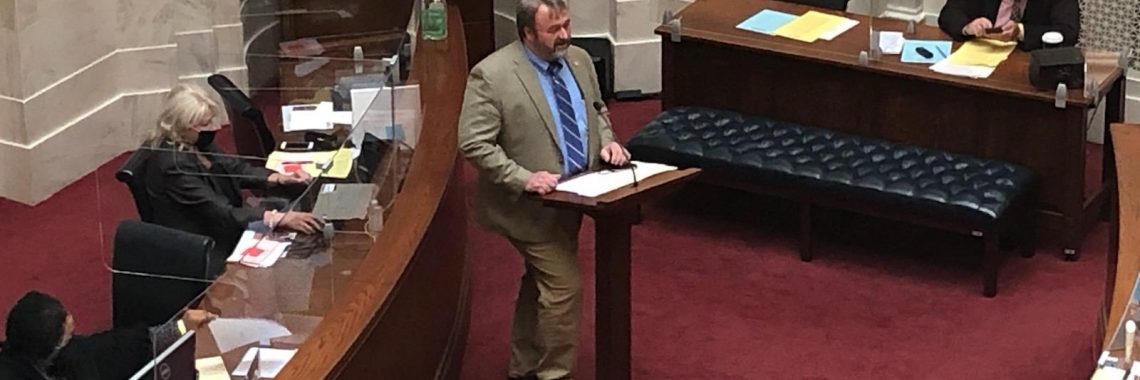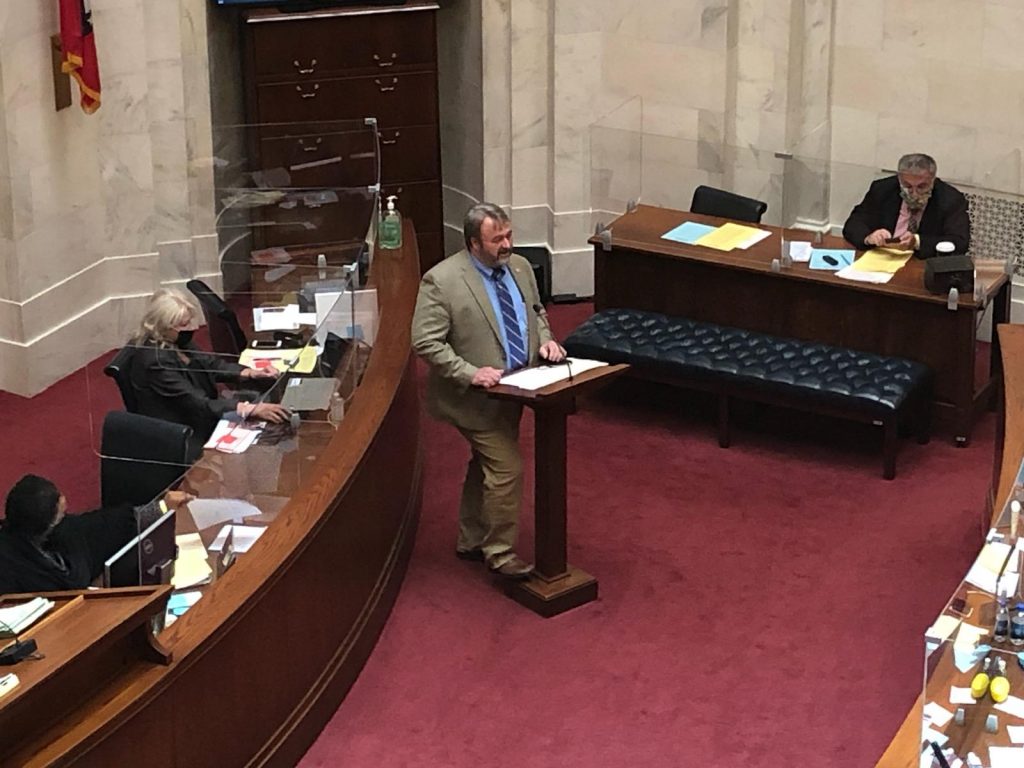Jasper Becomes Arkansas’ Twelfth Pro-Life City

On March 17, the Jasper City Council adopted a good resolution affirming that the community is Pro-Life.
Jasper is located near the scenic Buffalo River, and it is the Newton County seat. The Newton County Quorum Court passed its own Pro-Life Resolution earlier this month as well.
Last year the Arkansas Legislature enacted Act 392 of 2021 by Rep. Kendon Underwood (R – Cave Springs) and Sen. Gary Stubblefield (R – Branch).
This good law affirms that cities and counties can designate themselves as Pro-Life.
Act 392 also says that Pro-Life Communities can install signs or banners announcing that they are Pro-Life.
To date, 19 counties and 12 cities and towns have passed resolutions affirming that they are Pro-Life.
Benton, Washington, Crawford, Cleburne, Pope, Jackson, Saline, Faulkner, Perry, Sebastian, Lee, White, Prairie, Searcy, Carrol, Newton, Boone, Hot Spring, and Madison counties have adopted Pro-Life resolutions — and so have the cities and towns of Marianna, Russellville, Springdale, LaGrange, Moro, Aubrey, Haynes, Marshall, Western Grove, Leslie, and Tontitown.
As we continue to say, public opinion polling has shown time and again that Arkansans oppose abortion.
Most Arkansans believe abortion ought to be either completely illegal or legal only under certain circumstances.
Arkansas has passed some of the strongest pro-life laws of any state in the nation.
In light of that, it makes sense that so many communities would vote to affirm that they are Pro-Life.
We look forward to other cities and counties passing Pro-Life resolutions in the coming weeks!
Photo Credit: Photolitherland at English Wikipedia, CC BY-SA 3.0, via Wikimedia Commons.




